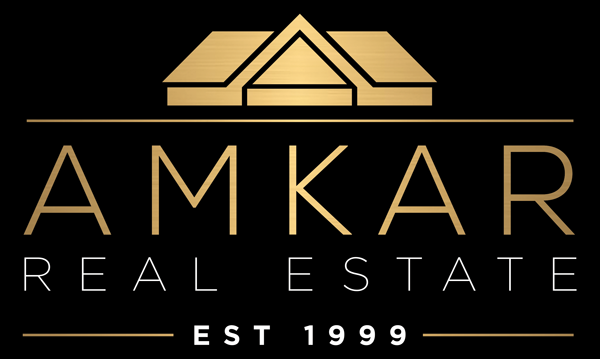As the cost of everything from groceries to insurance has risen in the past few years, rental prices have increased, too. While inflation and interest rates will impact your expenses and flow onto many other areas of consumer spending, the rental property market should be the determining factor in how you decide how much rent to charge. Factors such as supply and demand, vacancy rates, and the number of similar properties available all influence rent prices. Keep reading for an overview of how rental prices are determined and what you should consider when reviewing what to charge.
Scan the market
The largest influence on rental prices is the rental market. In areas with more vacant homes, prices may need to be lower to attract tenants. In contrast, locations with fewer vacant homes may attract a premium. Of course, in a time when many city centres and regional areas face housing shortages, elevated rental prices seem commonplace across the country.
Monitoring market conditions and ensuring the rent you charge reflects fair market value is crucial to attracting and retaining quality tenants. For instance, if you’ve had a tenant living in your property for three years and they look after the place, hiking up their rent may cause them to move out and find somewhere more affordable. In scenarios where the proposed increase is $50 to $100 per week, a couple of weeks of vacancy plus your property manager’s let fee can negate any potential financial gain of raising the rental price. Of course, you don’t want to charge well under market rates. Finding balance is key to deriving value from your property and retaining great tenants.
Features of your home
One of the other important areas to consider when determining how much rent to charge is the features of your home. Consider things such as the age and condition of the property, whether the bathrooms and kitchens were recently updated, if the paintwork is fresh, and other features such as air conditioning and the inclusion of appliances such as fridges and clothes dryers.
Local amenities
Your property’s location obviously impacts the rental price you can charge. If your property is close to the CBD, has shops, schools, and transport close by, and is generally safe and well-kept, you can expect your property to be in high demand and, therefore, justify charging more than a similar property in an area that isn’t as well connected.
Rental prices have attracted a lot of media attention in recent months, and for good reason. Continually monitoring the market to ensure what you’re charging is fair is critical to growing wealth and attracting and retaining great tenants. If you’re unsure how much to charge for rent, speak with your property manager, as they will understand the market in your area and are best placed to help you determine a fair price.
Remember, this article is general in nature and is not financial or legal advice. Please consult your professional financial and legal advisors before making any decisions for yourself.

